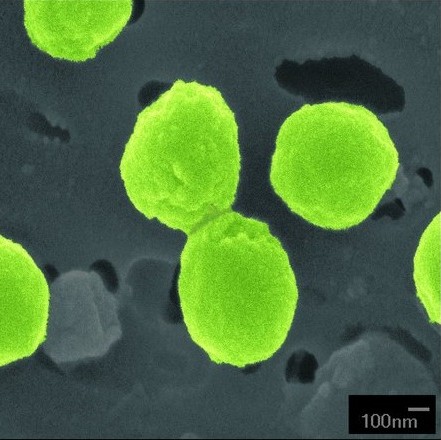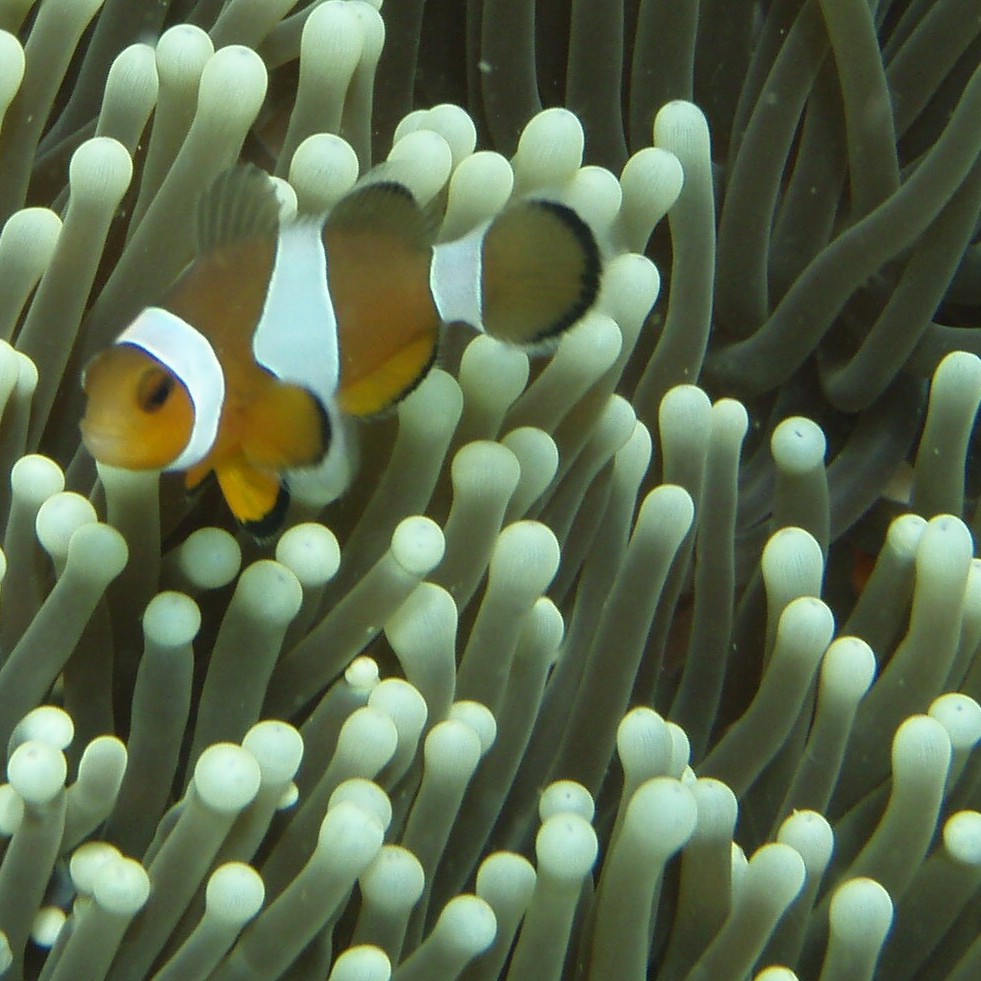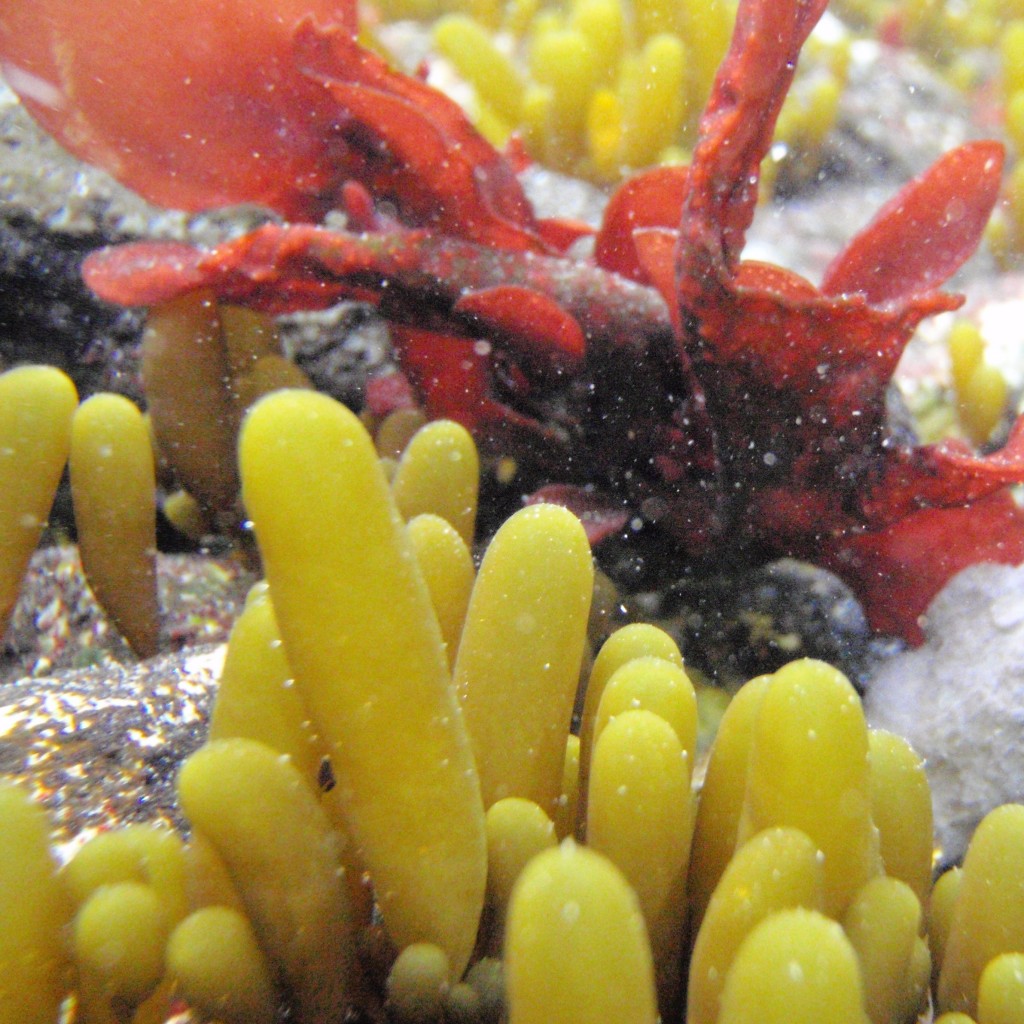Life in the Oceans
A Global Reservoir of Life
The well-being, prosperity, and sustainability of the human enterprise relies on the functioning of Earth’s oceans and life within it. The ocean represents our planet’s largest habitat and supports more than half its species.
Photosynthesis in the ocean plays a vital role in the global climate and carbon cycle and provides about half of Earth’s oxygen. The microscopic plants that carry out this photosynthesis – phytoplankton – form the base of the ocean food web and, as such, feed most of the species in the sea.
Humans rely on some of these species for food and income. The problem: many wild stocks are being harvested at unsustainable rates and are in danger of disappearing. Increasing temperatures and acidity of ocean waters will likely change the structure of ocean food webs in unforeseeable ways. These are just a few of the many warning signs about the fate of life in the ocean—and the health of the oceans has direct ramifications for life on land.
Researchers at MIT and WHOI are studying big questions, such as how life evolved in the ocean, the role of microbes in ocean ecosystems, the reasons behind the global decline of fish stocks and coral reefs, and the ways in which life in the sea is an integral part of Earth’s biosphere.
This research is complemented by advances in engineering that are helping us to observe and track life in the ocean and by work being done in the public policy arena that will enable better stewardship. The ocean is also being tapped as a vast reservoir of novel biochemicals that are poised for development as pharmaceuticals, diagnostic agents, and bioenergy modules.
Key Questions We’re Exploring
- What sets the pattern of community structure in the ocean?
- How do marine ecosystems mediate biogeochemical cycles?
- What impact does human activity have on the ocean’s food web?
- How do ecosystems and fisheries respond to changes in the environment?
- How can we tap developments in robotics to increase our understanding of marine life?
- How can we best exploit connections between ocean ecology and human health?









